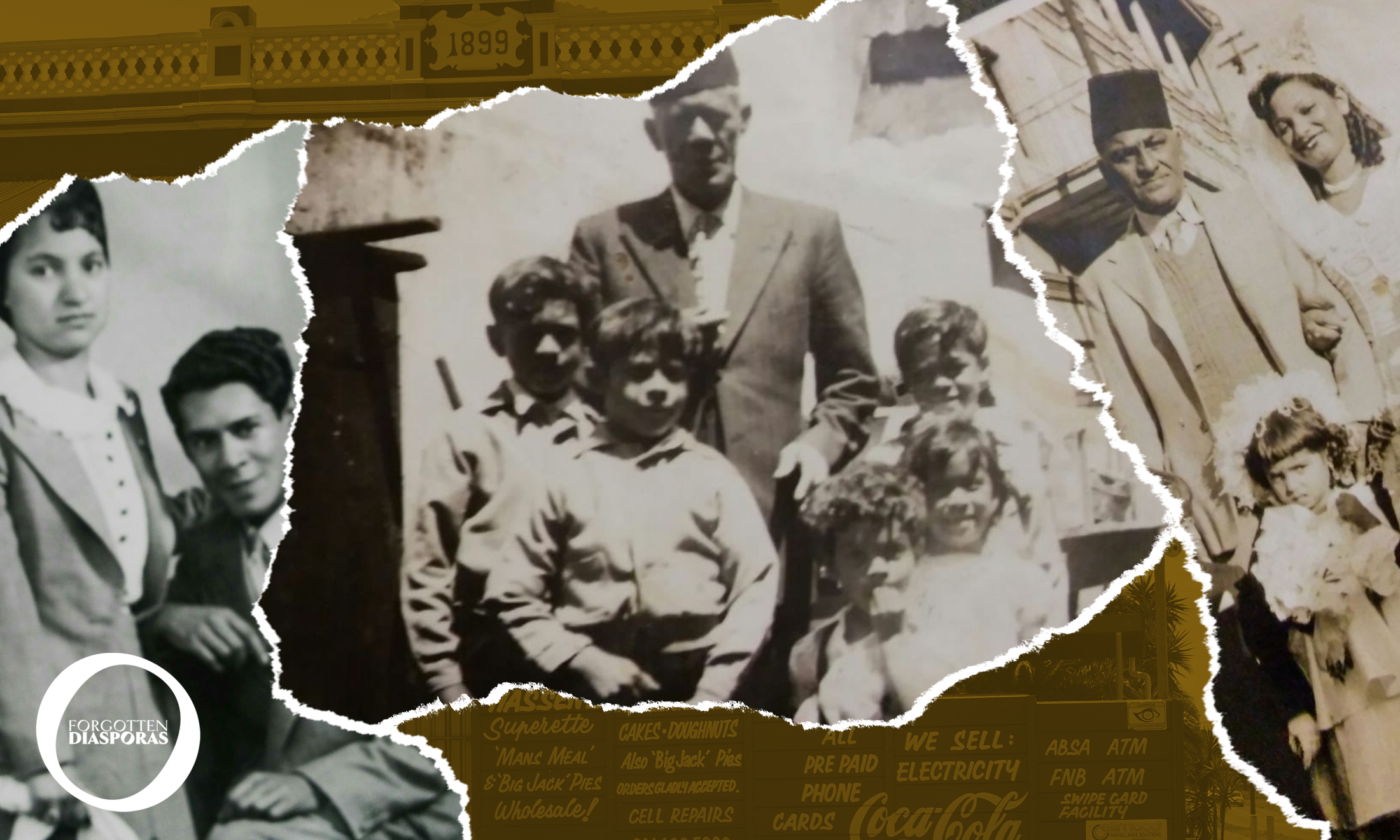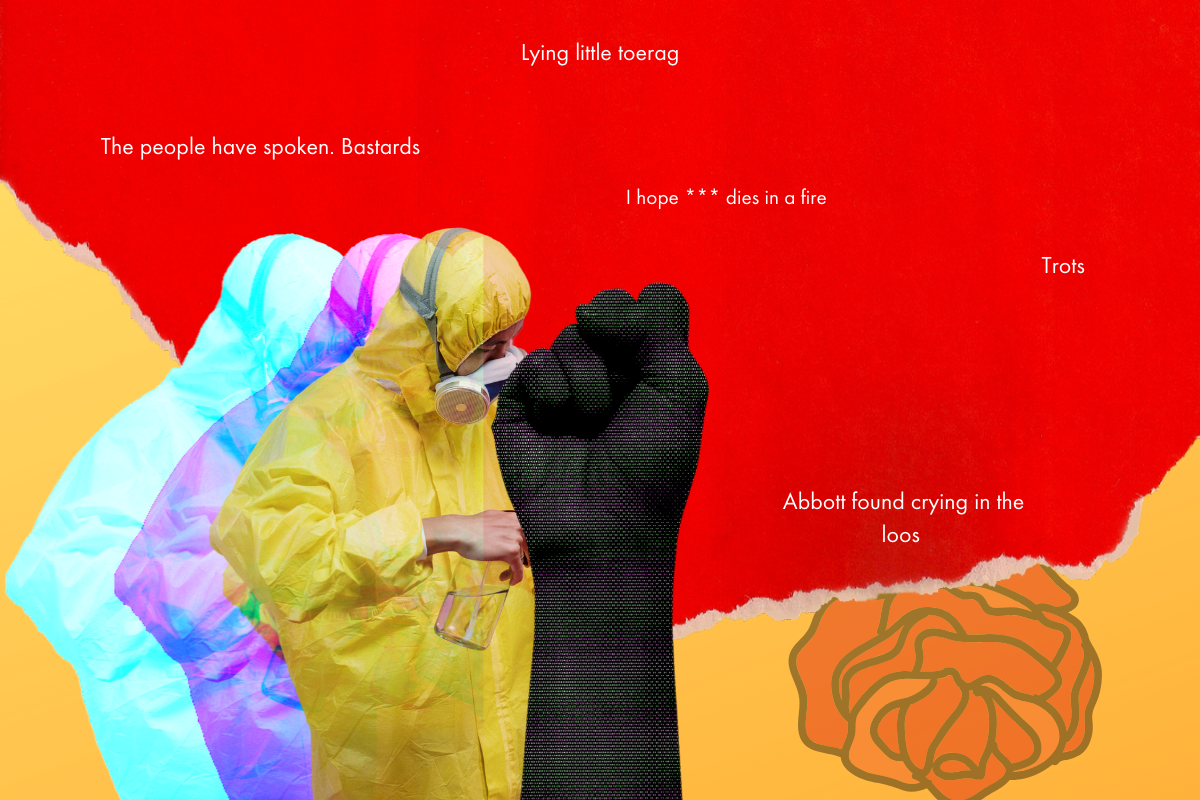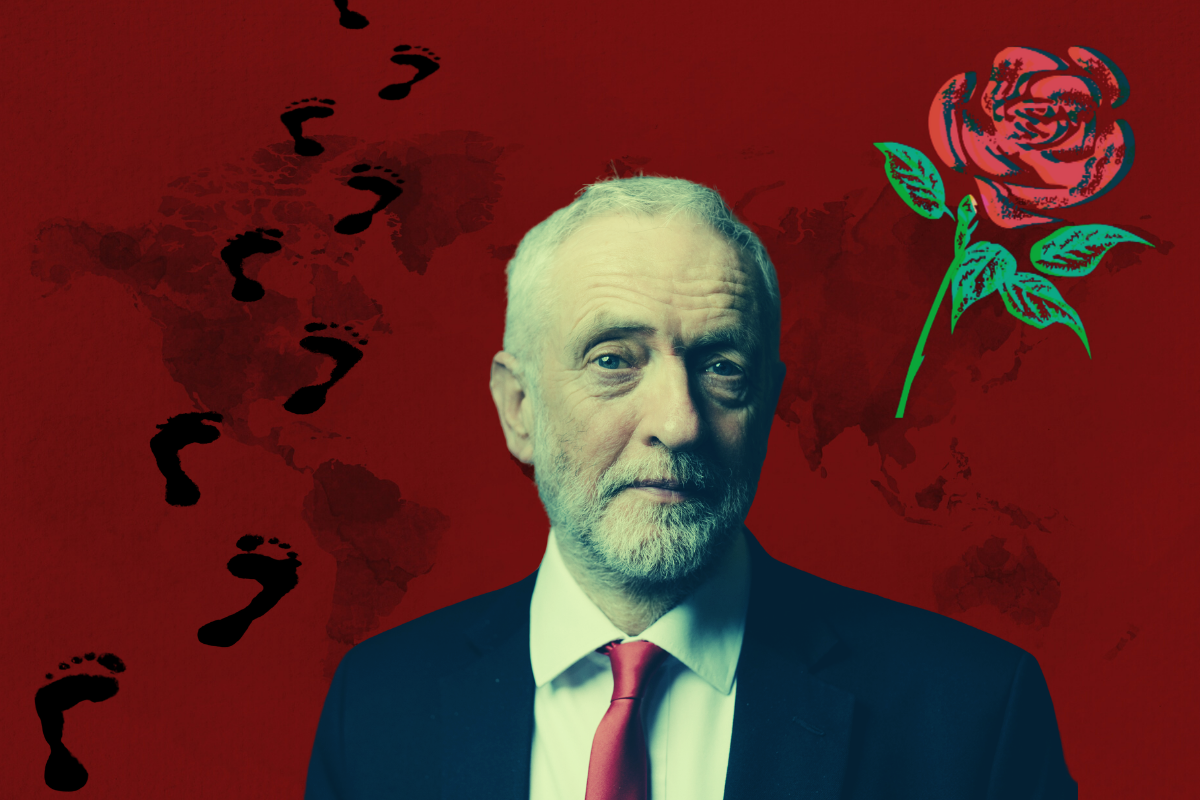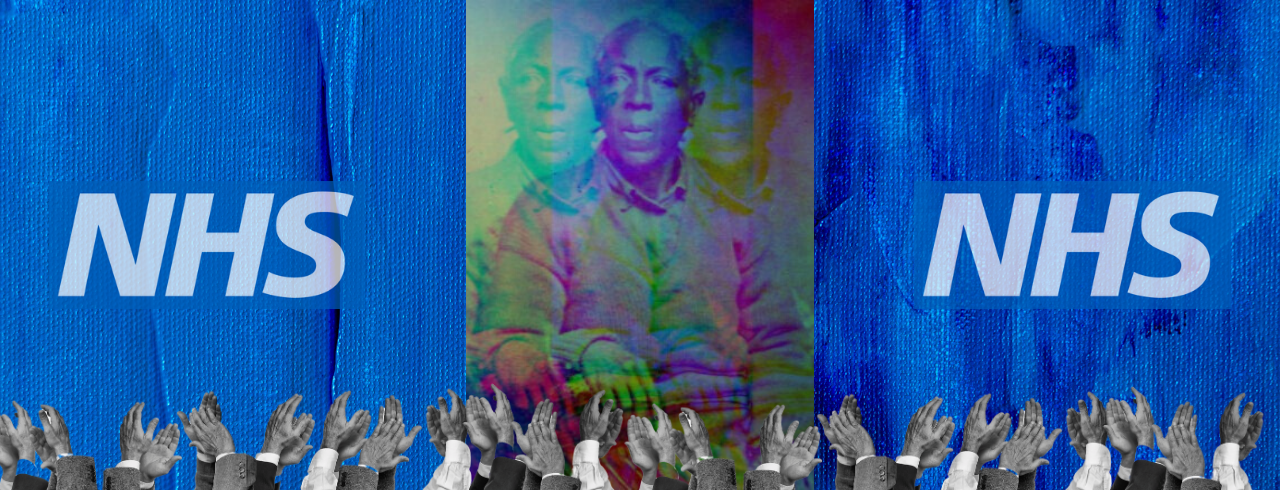
Photography via Canva / Newcastle University
This week we spotlight the last survivor of the transatlantic slave trade and clap for ‘whitewashed’ key workers
In today’s edition of Race Review we’ve spoken to the British researcher who uncovered the life story of the last recorded survivor of the Middle Passage and are clapping for key workers who have to put up with the UK's immigration system.
Kemi Alemoru and Charlie Brinkhurst-Cuff
06 Apr 2020
Welcome back to Race Review!
REFLECT: After coronavirus, we can’t go back to scapegoating migrant workers
As the nation once again clapped key workers for who continue to go into work while the rest of us shelter, despite media whitewashing, we’re reminded of the demographics of those expected to keep the country running. Many, if applying to come and live here, would be classified as “unskilled” by a recently-devised points-based immigration system underpinned by classist and eugenicist thought that attributes value based on pay rather than each individual need.
The first pictures were revealed of the staff who have died after coming into contact with the virus. Areema Nasreen, a nurse from Pakistan, Muslim doctors Alfa Sa’adu, Amged el-Hawrani, Adil El Tayar, and Habib Zaidi and a black man named Thomas Harvey who had worked at the NHS for 20 years before his family said he was sent to work without the right equipment. The staff wading through the trenches to treat this virus have already been subjected to inhumane cuts and some of them face double discrimination at the hands of this government’s hostile environment policies.
True to this nation’s history, when PoC are needed to help the UK in a battle their presence is welcomed. The Home Office announced that NHS frontline workers visas will be automatically extended so they can focus on fighting coronavirus. But after that, will it be back to scapegoating immigrants? Let’s hope not.
REPORT: Last known victim of the Middle Passage brought to light
That the last surviving victim of the transatlantic slave trade still has living grandchildren will come as a surprise to many people. Matilda Mccrear, who was just two years old when she was transported on the Clotilda slave ship from West Africa to the US in 1860, and only died in 1940, has had her story projected into the public eye in recent weeks after a British academic released a paper recounting her life story.
Hannah Durkin, a lecturer in literature and film at Newcastle University, discovered Matilda’s story after scouring digital archive documents. “What’s so important about her story is that she gives voice to the horrors of the Middle Passage and tells an individual story within a history of people being dehumanised and their stories being denied,” Hannah told gal-dem. “As a child and as a woman, her voice is particularly important because we have so few female voices from the Middle Passage.”
The lecturer, who also identified the last previously known survivor, Redoshi, hammers home how important it is to dissect and elevate women’s voices from the era because they have been “purposefully omitted”.
After she was taken from West Africa, Matilda ended up in Mobile, Alabama, where she, her mother, and one of her three captive sisters, were bought by a slaveowner. After emancipation, she settled down with a German-born white man and had 14 children. In 1931, she petitioned the court for compensation as a survivor of the Clotilda, in what essentially amounted to a reparations claim. Sadly, she was rejected.
Hannah, who has West African and Caribbean ancestry, felt “honoured” to have been able to share some of Matilda’s history with her descendants. “She was a really proud and brave woman,” she said. “Having spoken to her grandson, he remembers her as ‘rambunctious’, very strong-willed and independent, as much as she could be in that world and in that environment.” Some of her family members had planned to visit the UK and meet Hannah this summer, but coronavirus will likely postpone their plans.
“What’s so striking, moving and sad is that Matilda Mccrear just died 80 years ago,” added Hannah. “It brings home to you how recently the transatlantic slave trade ended and how it endures as a trauma.”
ICYMI
• French doctors have been heavily criticised after suggesting testing out a coronavirus vaccine in Africa on live TV. “Should we not do this study in Africa where there are no masks, no treatment or intensive care,” asked Jean-Paul Mira, head of the intensive care unit at the Cochin Hospital in Paris.
• MP Lisa Nandy, the new shadow foreign secretary, is so far the only person of colour in the new Labour shadow cabinet. Keir Starmer was elected as the new Labour party leader on 11 April, taking over from Jeremy Corbyn.
• In a dollop of Brexit irony, a charity has warned that fruit and vegetables “will run out” unless Britain charters planes to fly in farmworkers from Eastern Europe thanks to the cov.
• Rihanna has covered British Vogue (again), this time sporting a du-rag. In the interview, she revealed plans to launch a Fenty skincare range.
• In a welcome move, Portugal has granted migrants and asylum seekers temporary full citizenship rights in light of coronavirus.
• The Indigenous community in Colombia reported their first case of Covid-19, which could decimate their vulnerable society.
• A petition has started to name one of the Covid-19 hospitals after Mary Seacole to honour nurses from minority backgrounds.
• Fresh data suggests that African Americans are being particularly affected by the coronavirus outbreak thanks to a mixture of environmental, economic and political factors.
GOOD NEWS
Killing Eve is set to be released two months early on BBC Player (April 13)! Thankfully, it looks like Eve is very much alive after being shot by Villanelle in the S2 finale.
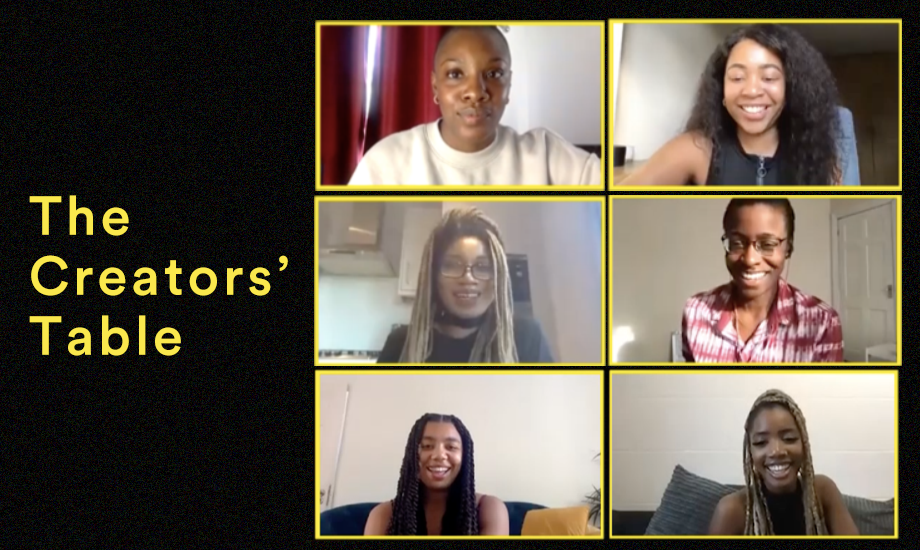
‘White men can’t always edit Black stories’ and 5 other learnings from our Spotify podcast roundtable

Join gal-dem and Spotify for The Creator’s Table and hear the voices of black women in podcasting

Join gal-dem’s audiobook club and discover the best new Black authors publishing banging books in 2020


